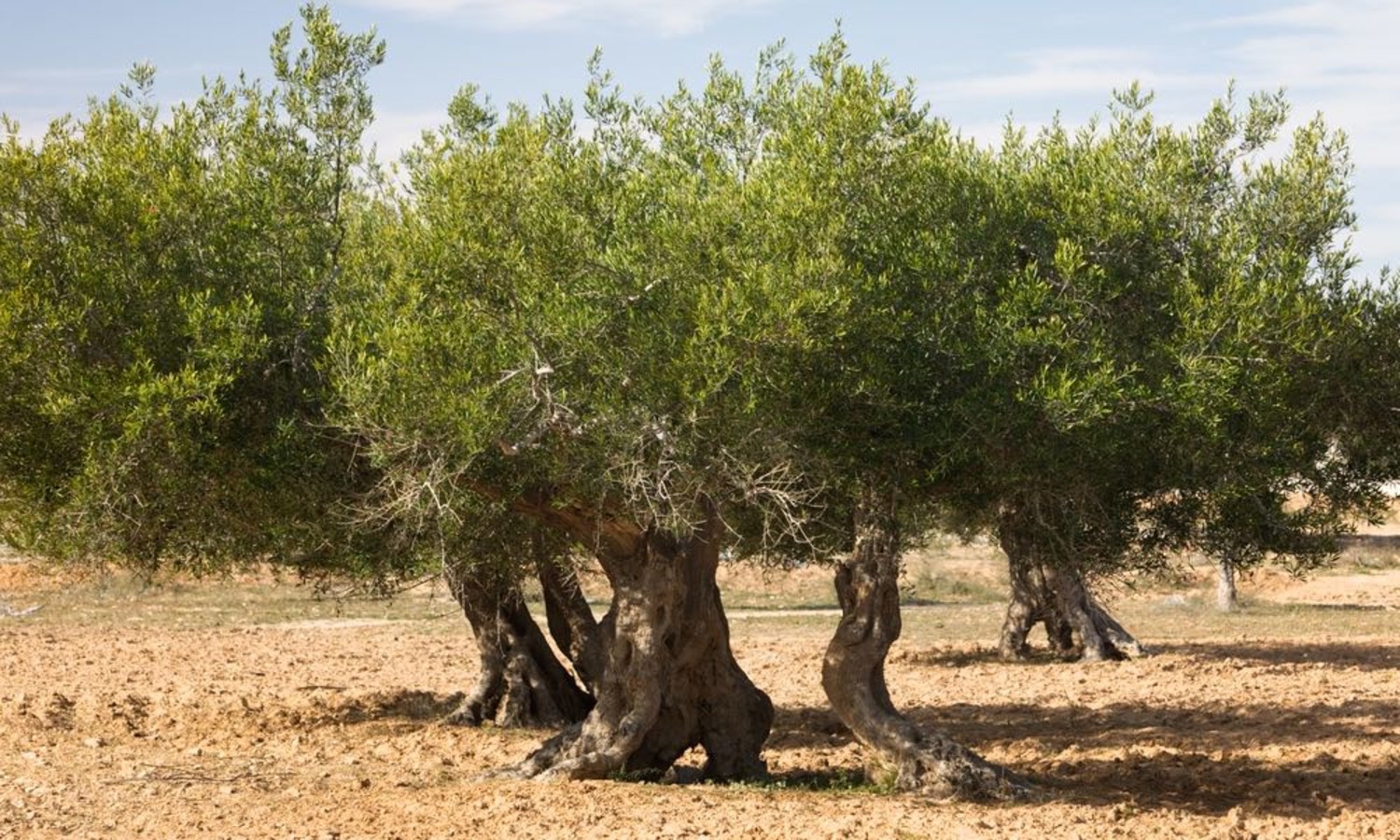Olives in Egypt have been grown by successive generations of farmers for thousands of years in remote, isolated, harsh-environments. So why are new olive orchards struggling to remain viable?
Farmers from the South East Mediterranean say it comes down to a failure to value the indigenous knowledge and experience of local farmers.
These farmers took part in regional workshop, one of a series being hosted by the Global Forum on Agricultural Research (GFAR) and the Foundation for South-North Mediterranean Dialogue, entitled, “The Left-behind: Democratic Transitions and the Mediterranean Agricultural Communities." The workshops aim to bring together the rural communities and the agriculture for development sector to address the challenges of the region.
Zeinab Seoudi and Mohamed El-Kholy, both farmers, reported on their joys and frustrations at the meeting. They say that the failure to value farmer knowledge and experience by agricultural research systems is a big issue.
“Twenty-eight years’ experience in reclaiming desert and growing olives ...has developed the saying: ‘Knowledge and knowhow encompass science; but science does not encompass knowledge and knowhow’,” say the farmers. The indigenous knowledge of farmers must be examined, analyzed, and recorded for the use of coming generations.
“Egyptian farmers have learned to respect the ecosystem in order to survive. They inter-planted olive trees with palms because they noticed that palms are the best desert climate modifiers. With their high, dense canopies, the palms shade the olive trees from the sun, yet allow the light needed for photosynthesis to penetrate. The long, fibrous palm trunks absorb air moisture during night and release it during the hot days, reducing the surrounding temperature by 5-7 degrees Celsius. The palms also protect the olive trees from the regular hot winds during March to May, when the trees are in full bloom.”
“Negligence of such indigenous knowledge has caused losses to investors who are growing olive orchards on thousands of hectares, simply because the indigenous knowledge has not been studied, evaluated, documented and disseminated.”
The workshop also noted the failure of current agricultural research approaches to produce results applicable in the field. “Most of the research (is) not directly linked to agricultural development, but rather to building (the) academic career of researchers and scientists. Research topics are based on literature or (replicate) completed research, with the change of some conditions, or deal with perceived problems; therefore results are rarely applicable in the field. The irrelevancy to field conditions does not serve development of rural communities and in many cases develop inappropriate approaches to resolve farmers’ actual problems. ”
The philosophy of agricultural research needs to be based upon participatory approaches and genuine partnerships, the workshop concluded. Researchers need to discuss with farmers their production problems, competitiveness, food safety and quality, environmental constraints and challenges, and climate change adaptation and mitigation. Agriculture research would also benefit from being linked to social research to understand the multiple changes under way in rural communities.
The next workshop in the Left Behind series will be held in Morocco in April 2015. For more information about this or the Alexandria workshop, contact Thomas Price at the GFAR secretariat: Thomas.price@fao.org.

